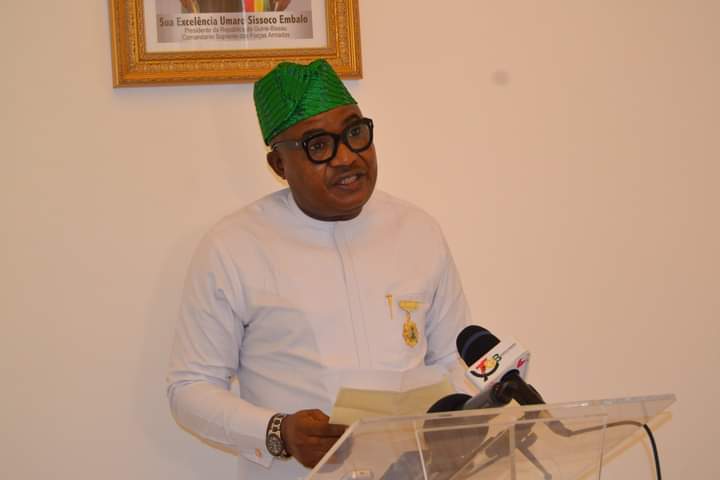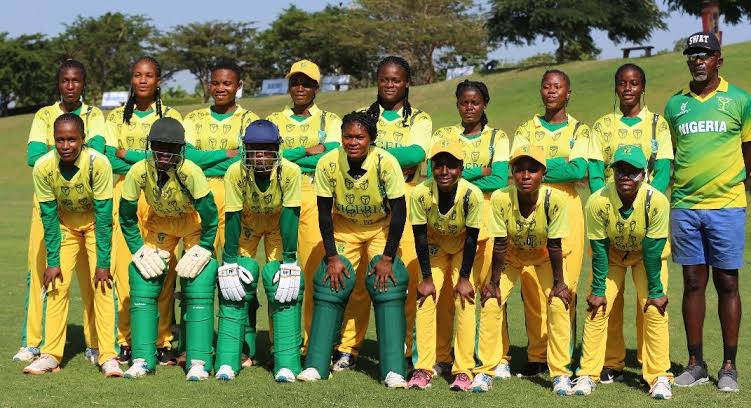Andersen, a tax and business advisory firm, has faulted the Federal Inland Revenue Service (FIRS) over its handling of the tax dispute with MultiChoice Nigeria.
Multichoice is the owner of the satellite televisions, DStv and GOtv – popular subscription-based platforms in Nigeria.
In July, the FIRS appointed some commercial banks as agents to recover N1.8 trillion alleged tax liability from accounts of Multichoice Nigeria Limited (MCN) and Multichoice Africa (MCA).
The FIRS had claimed that a forensic audit revealed that Multichoice Nigeria Limited failed to pay the government of Nigeria taxes worth N1.8 trillion.
Advertisement
Multichoice Nigeria said it would continue to engage with FIRS in an attempt to resolve this matter.
In an article titled; “Reputational Risks and Tax: MultiChoice as Case Study,” and released on Wednesday, Andersen questioned how FIRS arrived at the N1.8 trillion tax bill, warning that it could harm the reputation of both parties.
The firm said FIRS actions portrayed its prejudice acted against foreign companies operating in Nigeria.
Advertisement
Andersen described as misleading the FIRS’ claim that Nigeria accounts for 34 percent of the total revenue of the MultiChoice Group ahead of Kenya with 11 percent and Zambia in third place with 10 percent as the basis for arriving at N1.8 trillion and $342 million liability.
“However, this premise may be misleading. According to the 2019 Audited Financial Statements of the MultiChoice Group, Nigeria account for 34 per cent of the group’s Rest of Africa (RoA), with the RoA accounts for 29.96 per cent of the group’s revenues. Thus, the effective total revenue of Nigeria to the group is 10.19 per cent,” the article reads.
“It is arguable that 10.19 per cent is significantly different from 34 per cent of total revenue. However, one cannot help but question whether some other parameters in the computation of the alleged tax liability are also misleading.
“Consequently, the take-home is to exercise caution in carrying out actions or issuing statements that can call to question an organisation’s reputation. In other words, minimise reputational risks especially because potential damage to reputations has never been more heightened as in these days of social media and instant messaging.”
Advertisement
Andersen also argued that the press statement issued by the FIRS hints at bias against foreign companies.
It quoted media reports which noted that the FIRS chairman “observed that the issue with tax collection in Nigeria, especially from foreign-based companies conducting businesses in Nigeria and making massive profits is frustrating and infuriating”.
According to the firm, this amounts to the delineation of taxpayers by nationality, which could create bias against foreign-owned companies.
“Consequently, a routine tax audit of a foreign-based company that is profitable in Nigeria may trigger apprehension, given the perception that they are seen as worse offenders ab initio,” the firm said.
Advertisement
“As a matter of fact, the posture from the FIRS towards foreign-based companies may lead some to adopt the approach of being aggressive with tax planning, so that they can eventually concede to liabilities, which they believe the tax authorities will insist on establishing.”
Andersen added that it is more beneficial for tax agencies to appear friendly, fair and develop an awareness of reputational risk, especially given Nigeria’s unimpressive ease of doing business indices.
Advertisement
Last week, PricewaterCoopers, in its PwC Tax Alert, faulted the ruling of the tax appeal tribunal on the dispute between FIRS and Multichoice Nigeria.
The case between both parties has been adjourned to September 23 by the tax tribunal.
Advertisement
Add a comment






